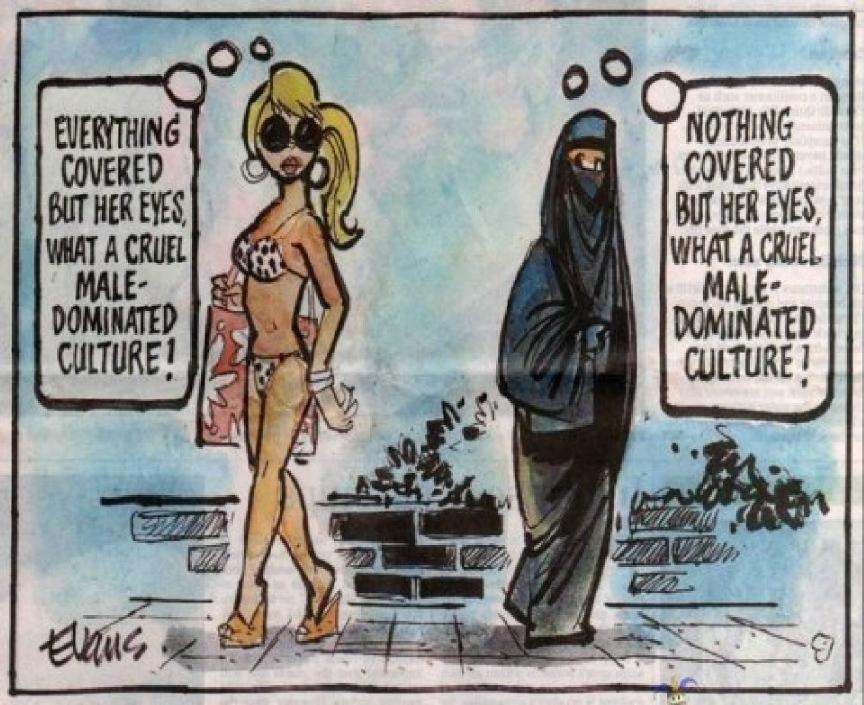Humor Culture

Cultural differences in humor perception usage and implications humor refers to the tendency to experience or express what is amusing and funny which is always accompanied with emotional response and vocal behavioral expressions such as laughter and smiling chen and martin 2007.
Humor culture. Some scientists believe that laughter was used as a way for humans to relate to one another millions of years before they developed the lung strength for language. Previous literature provides substantial evidence suggesting that perceptions of humor humor usage and the relationship between humor and psychological well being differ across cultures. How to use humor across cultures. Most humour and certainly humour that involves greater cognitive effort is deeply embedded in language and culture. Martin and ford 2018. Sharing a joke is the best way to break down barriers. The capacity to express or perceive what s funny humor is both a source of entertainment and a means of coping with difficult or awkward situations and stressful events.
Within this culture is the subculture of gen z humor. It relies on a shared language or set of culturally based constructs to. In the past we believed that only some cultures developed humor but this belief has changed as no culture has ever been found that was devoid of laughter and comedy. Humor is extremely useful in a cross cultural situation. Humor from the new yorker including news satire by andy borowitz funny cartoons and comics daily shouts and shouts murmurs. But if your joke falls flat on its face either for being inappropriate or just not funny newly forged business relationships could be doomed to failure. The mechanism of laughter is so.
Shocking absurd nihilistic and at times downright depressing. So if you want to improve. It builds trust and intimacy.







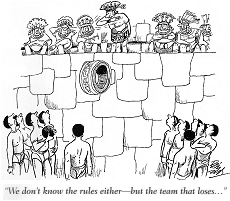

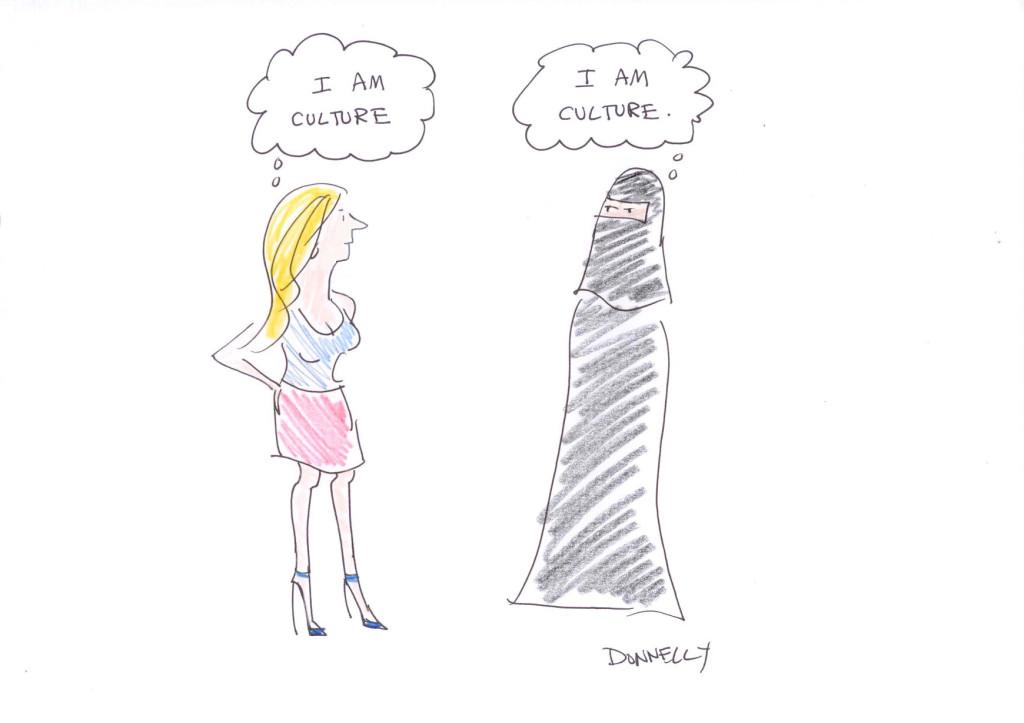





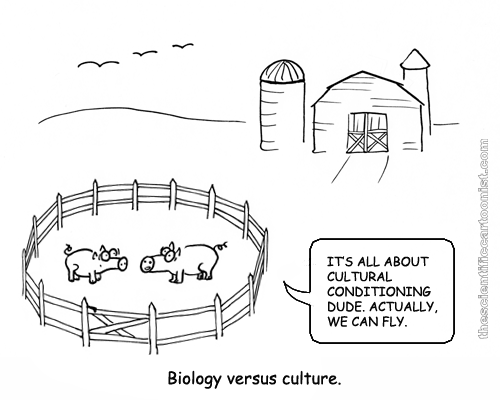






/cdn.vox-cdn.com/uploads/chorus_asset/file/20055404/1199071272.jpg.jpg)
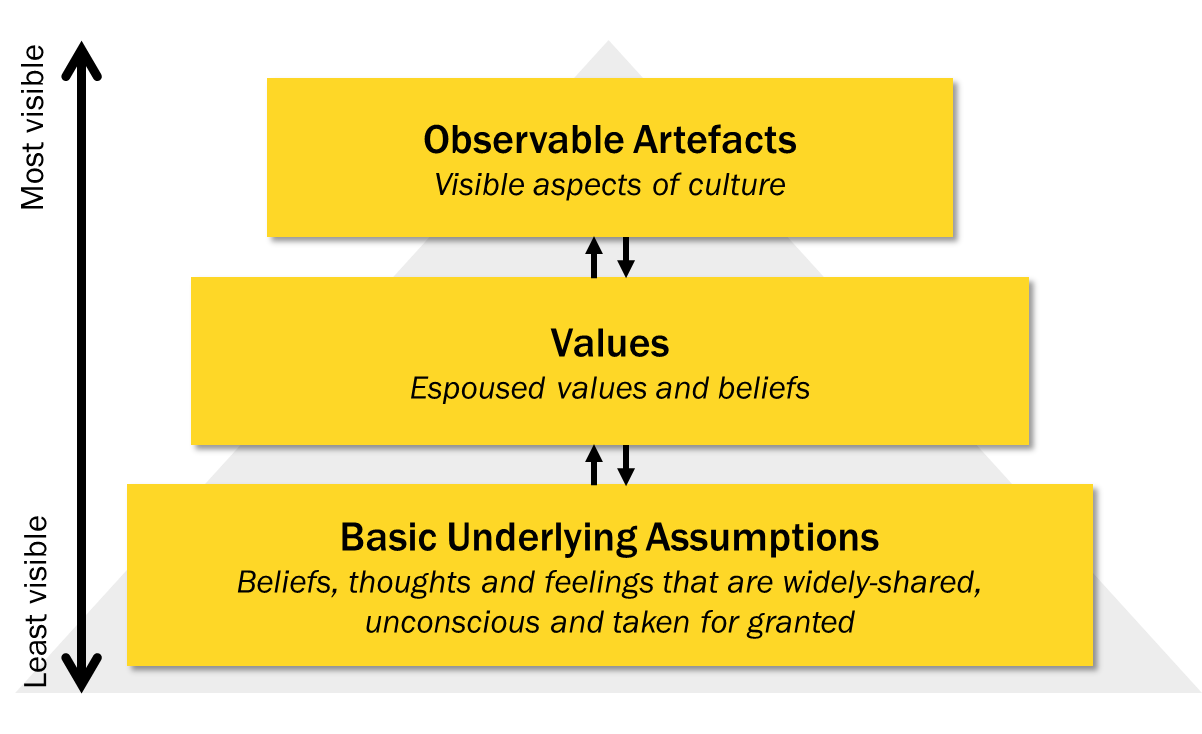
















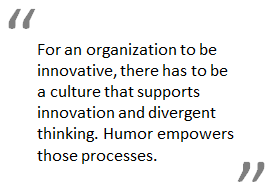




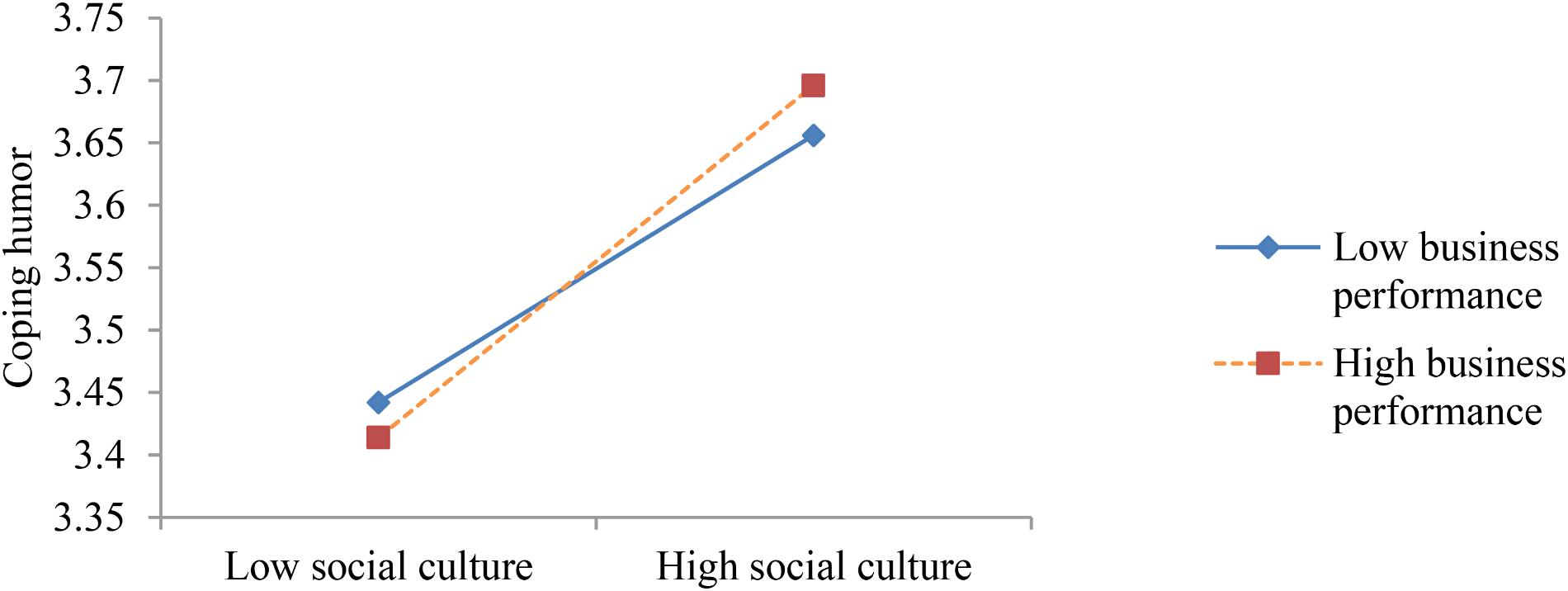










%2C445%2C291%2C400%2C400%2Carial%2C12%2C4%2C0%2C0%2C5_SCLZZZZZZZ_.jpg)



























